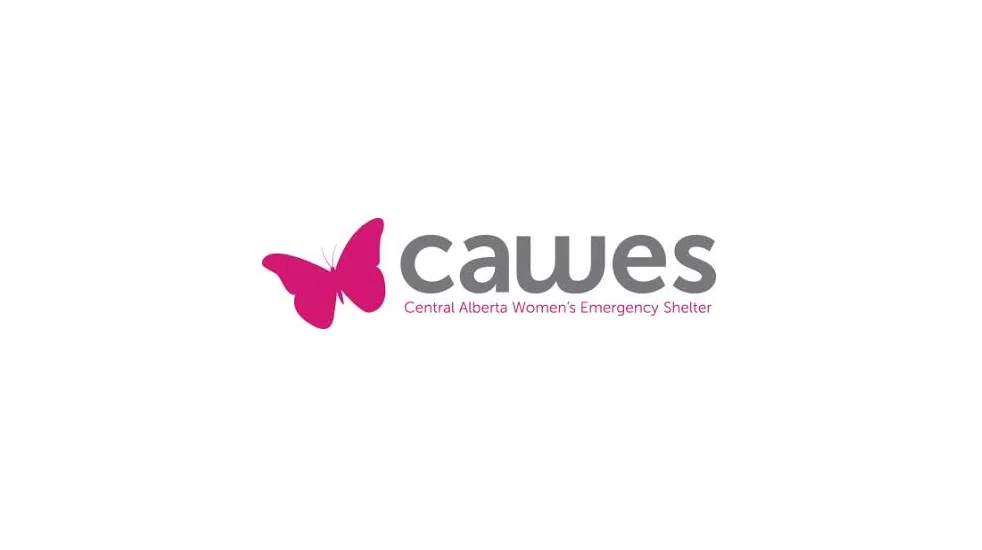
Central Alberta women’s shelter struggles with capacity amidst high domestic violence rates
The Central Alberta Emergency Women’s Shelter (CAWES) had to turn away 1,345 women and 930 children from April 2023 to March 2024, but also admitted 445 women and 264 children in the same span.
CAWES’ numbers are reflective of the dire state of domestic violence victims across the province, as can be seen in the graph below, with demand rising much faster than shelters can supply.
 10-year trends showing Alberta’s population growth in relation to shelter calls for help and admission numbers, and how many people are turned away. (ACWS/2023 Data Release)
10-year trends showing Alberta’s population growth in relation to shelter calls for help and admission numbers, and how many people are turned away. (ACWS/2023 Data Release)Previously stagnant provincial funding and today’s inflationary pressures don’t help; In its latest budget, the Government of Alberta announced an increase of $10 million for women’s shelters, including $1.5 million this year and $5 million to fund 104 beds.


